Qualitative and quantitative degradation risks of water resources and effects on human activities
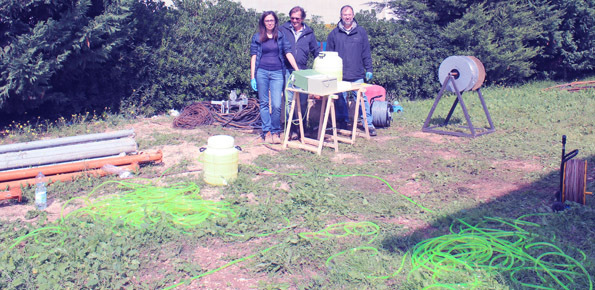
Background
The research topics involve the consideration of geological, geomorphological, hydrological, hydrogeological, and technology and the use of innovative methodologies to achieve the sustainability of the natural balance inherent inland waters, with a focus on groundwater and river water. Finally, we consider the effects of climate change on the hydrological cycle and anthropogenic modifications to emphasize the contribution of these modifications on different occurrence of extreme hydrological conditions, advocates of damage to populations in catastrophic terms (droughts, floods, and landslides).
The water management problems and the water demand satisfaction are traditionally addressed by increasing the availability. The current difficulties in pursuing increases in such availability, the economic and environmental costs, the identification and utilization of new sources of supply mean that the research efforts should be addressed mainly to improve the management capability, focusing on increasing efficiency. Starting from the imperative to make available natural resources now used also for the survival of future generations, sustainable management is a key component of the objectives; new methodologies, monitoring and integration with new approaches, considering also the management of resource degradation risks, demand the attention of the scientific community to resize the complex issues involved.
Purpose
The aims are: establishment of databases regarding the availability and quality of groundwater resources and characterization of the ongoing trend considering the climate changes; estimation of recurrence and trend of drought and other types of catastrophic events hydrogeological and related damage; vulnerability and risk assessment of quantitative and qualitative degradation of groundwater resources; methods to monitor groundwater bodies; hydrogeological characterization methodologies of aquifers and exploitation of groundwater as supplementary or emergency resources; evaluation of the role of lithological-structural assets and karst groundwater; analysis of river dynamics and hydrology, for the assessment of groundwater resources of river plains and the risk of deterioration resulting from the deepening of river beds; development of methodologies for the recognition of river situations that can cause the depletion of superficial water bodies in the plains.
Results
The results include the developing of new methodologies, analytical techniques and intervention strategies to be integrated for the sustainable management and protection of water resources, particularly groundwater, taking into account the effects of climatic changes and the anthropogenic role.
It should be realized: databases on the availability and quality; the hydrogeological characterization of aquifers; the widespread use of knowledge to support planning; the vulnerability and assessment of degradation risks; the recurrence and drought damage; monitoring methodologies; the evaluation of the role of lithological-structural assets and karst; the analysis of river dynamics. For coastal aquifers, attention will be paid to the sweater intrusion.
The study of the effects of climate change on the water cycle at the scale of large and valuable aquifers and river basins is aimed to predictions, considering the intensity changes (short-term) and amounts (long-term) of rainfall, infiltration and runoff, with insights in terms of water availability and the occurrence of catastrophic events.
Products
It will proceed by working on areas, rivers and aquifers sample, specially selected according to criteria of hydrogeological characteristics and the importance of natural resources. The following products are predictable:
estimates of the recurrence of drought and consequent damage, with reference to selected aquifers;
characterization of the qualitative and quantitative degradation of groundwater also selected coastal aquifers;
development of techniques and strategies for the mitigation of the risk of degradation of groundwater resources;
evaluation of the role of lithological-structural assets and on karst groundwater flow;
development of techniques and integrated monitoring strategies for the protection of groundwater resources;
optimal location and drilling of wells for the collection of new water resources;
characterization of the climatic changes and the effects in Southern Italy or large parts of this in terms of availability of water resources and occurrence of hydrogeological catastrophic events, particularly landslides.



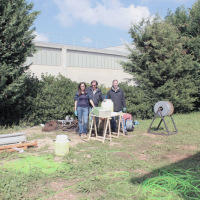
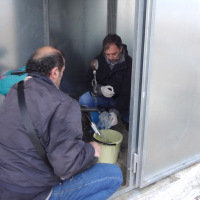
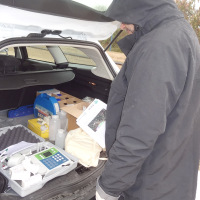
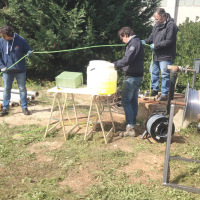
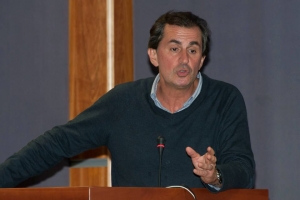 Internal contact person: maurizio polemio -
Internal contact person: maurizio polemio -